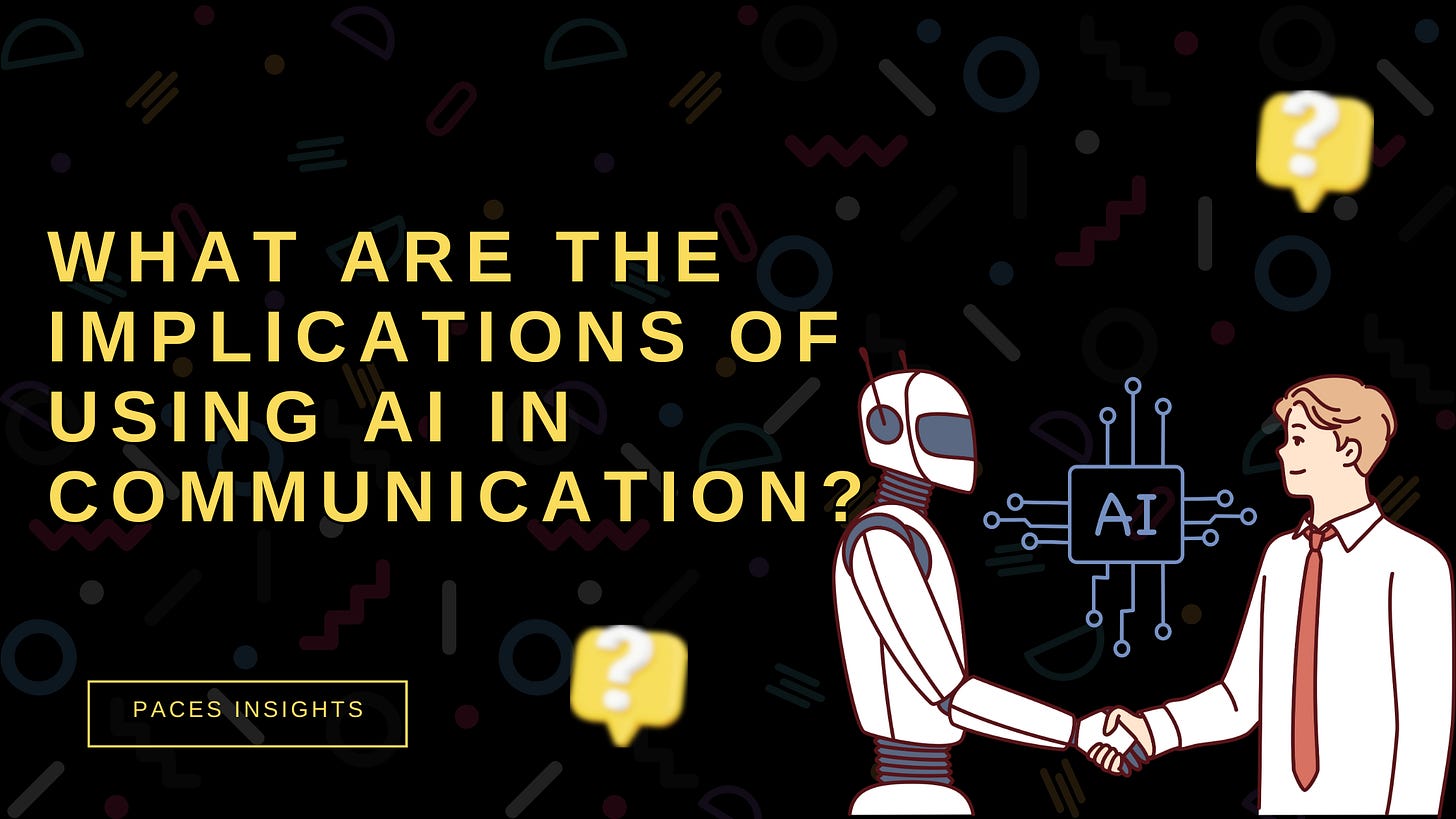Who would have thought we would be in a world where your computer not only understands what you say but responds like a knowledgeable friend? But as we plunge into the era of AI-powered communication, there's more to consider than just convenience; there are ethical layers we need to peel back and examine.
Let's take a stroll through the ethical landscape of this brave new world, where machines talk and humans listen.
1. Privacy Predicament:
Picture this: you're pouring your heart out to an AI assistant. It's comforting, almost like talking to a friend. But then, a chilling thought hits you: where do these confessions go? Privacy is a towering concern in the world of AI. As AI takes over our communication, we're left pondering:
Who's on the other end of our digital whispers?
How is our information used or misused?
Striking the right balance between personalized assistance and safeguarding sensitive information is a tightrope walk.
2. Bias Bugaboos:
AI's learning process is a reflection of the data it's fed. If this data is skewed or biased, the AI's communication could unwittingly mirror these biases. This is especially evident in language processing and automated responses, where AI might propagate societal stereotypes or prejudices.
The challenge lies in fine-tuning AI to be as unbiased as humanly possible - a task that requires ongoing attention and refinement.
3. Accountability Ache:
“When “Siri” misunderstands your request or a chatbot provides incorrect information, who's to blame?
When AI fumbles—a misunderstood command, a botched customer service interaction—who shoulders the blame? Pinning responsibility for AI-related mishaps is complex. It's crucial to define who's accountable—the developers, the deploying companies, or the AI itself.
Unlike human errors, where responsibility can be more straightforwardly assigned, AI-related mistakes inhabit a grey area, raising complex ethical and practical questions about who should be held accountable.
The accountability of AI in communication is a sticky wicket.
4. Informed Consent Conundrum:
How often do we click "I Agree" without really knowing what we're agreeing to?
In AI communication, informed consent is more than a cursory checkbox; it's an ethical cornerstone. Users must be fully aware of how their data is being utilized
In our journey through the ethical implications of AI in communication, one thing becomes clear – the future is here, and it's talking.
As we revel in the convenience and efficiency AI brings to our conversations, let's not forget the responsibility that comes with it.
It's a dance between progress and ethical considerations, and finding the right rhythm ensures that AI becomes a boon, not a bane, in our communication landscape.
So, here's to talking with our silicon friends—ethically, and with a dash of digital flair!



